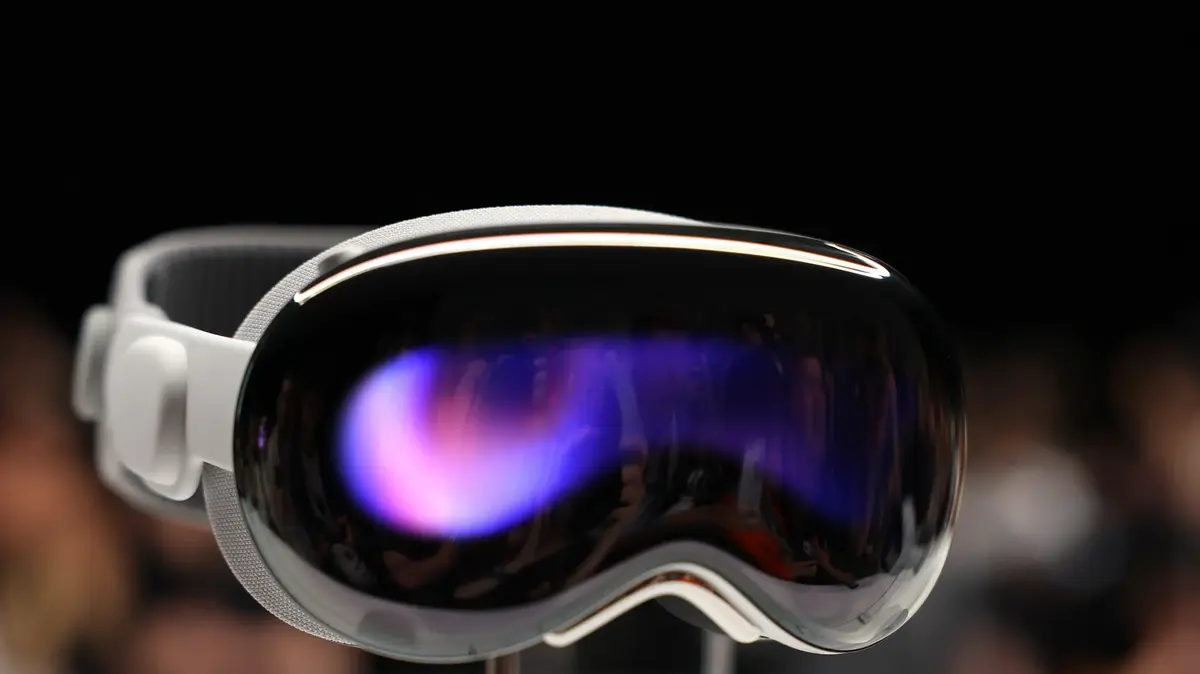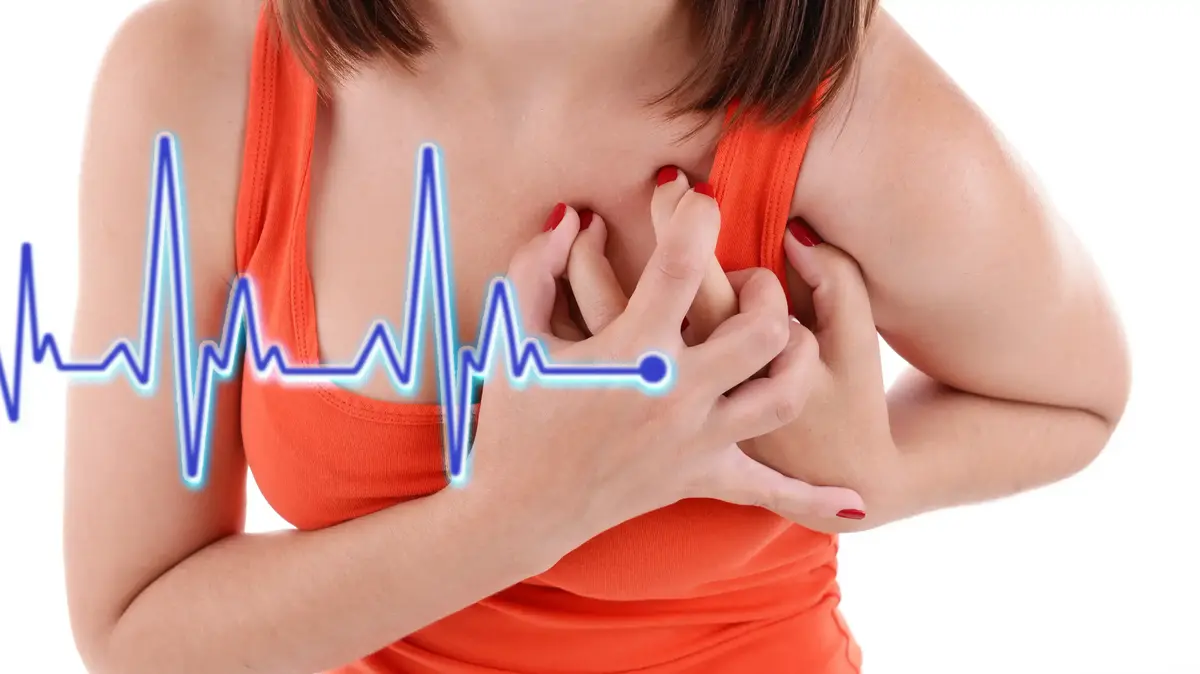It feels dizzy when you step outside.
A sudden allergy to noise, a broken back from a bad seat while telecommuting.
Without necessarily without giving an account, this wave of confinements has put our body to the test, upset our habits and our benchmarks.
We adapted, not without difficulty.
"In each specialty, we have seen specific symptoms," notes Dr. Laurent Seidermann, head of the union of ENT doctors.
While, since Wednesday, we come out of our bubble with joy, some literally cannot believe their eyes.
It is the first collateral damage of a year locked between four walls, the nose on the screens.
They blinked less, dried up and lost vitality!
And while we go out, resume transport, face pollution and pollen, "going back to a far vision requires a time of adaptation", warns ophthalmologist Catherine Albou-Ganem, who also reports "an upsurge in myopia in children and adolescents ”.
We have our backs
Therefore, faced with this eye fatigue, which can lead to headaches and dizziness, certain reflexes are good to take.
"Like hydrating the eyes with eye drops or physiological serum," advises Professor Claude Speeg-Schatz, president of the French ophthalmological society.
"We must take advantage of the natural light that we lacked, savor the moments in the open air and let go of our cell phone," adds his colleague, Thierry Bour, who works in Metz.
Read also Covid-19: during confinement, "the screens, it was his nanny"
The pains that assail us are also the result of physical deconditioning. Sedentary lifestyle and weight gain have not spared our backs. “We have seen a recurrence of pain in the spine, from the pelvis to the upper back,” confirms the physiotherapist in Bordeaux (Gironde) and president of the national union of masseurs-physiotherapists-rehabilitators, Mickaël Mulon. Now, it remains to get rid of this "teleworker low back pain" which had already hit 10% of the population during the first confinement. "You have to resume a healthy and balanced diet, hydrate yourself well, gradually recover, I insist on this term, in sport, so as not to hurt yourself. Take the bike back to work, walk more… ”, he lists.
What about that computer that teleworking forces us to carry around from home to office?
“Insist your company on having lightweight devices and put them in a backpack, not a sling.
A roller is handy, but if you take the metro, carrying it on the steps can be even worse.
"
During this crisis, stress also produced a panoply of symptoms.
More sensations of balls in the throat, that is to say discomfort when swallowing, signal ENT, which is called pharyngeal paresthesias.
Urticaria, which itches on the face.
And concrete jaws at night.
“There are people who will develop psoriasis, others who cry.
And some will clench their teeth, ”notes dentist Sandy Cohen, a specialist in bruxism.
In her Parisian practice, more and more patients, especially women in their forties, are consulting her for this reason.
"The uncertainties about the future, the fact of having to constantly adapt to the epidemic create a state of anxiety ... The consequences: wear and tear, pain in the jaw, head, neck ...", notes the doctor who assures us that we should not take the problem lightly at the risk of damaging his smile and rehashing his bad thoughts.
Earplugs are tearing off
Still, if deconfinement should alleviate our physical ailments, it makes others emerge. After eight months without restaurants, what about our ears crying for a return to calm? "Patients say that they hear too loudly, in reality, this is not the case, we are just no longer used to this noise pollution", notes Dr. Laurent Seidermann. In some pharmacies, it is also the rush for painkillers. “We have a lot of demand for aspirin and paracetamol. The pressure you feel, the noise and fatigue increase headaches, ”explains Haifa, a pharmacy assistant in a pharmacy in the south of Paris.
In others, it is the earplugs that get torn off. In the 11th arrondissement of Paris, "people have clearly been buying a lot more earplugs, in foam, for two to three weeks," a pharmacist tells us. Last time a couple needed it because their neighbors had just told them they were planning to have a party! "








